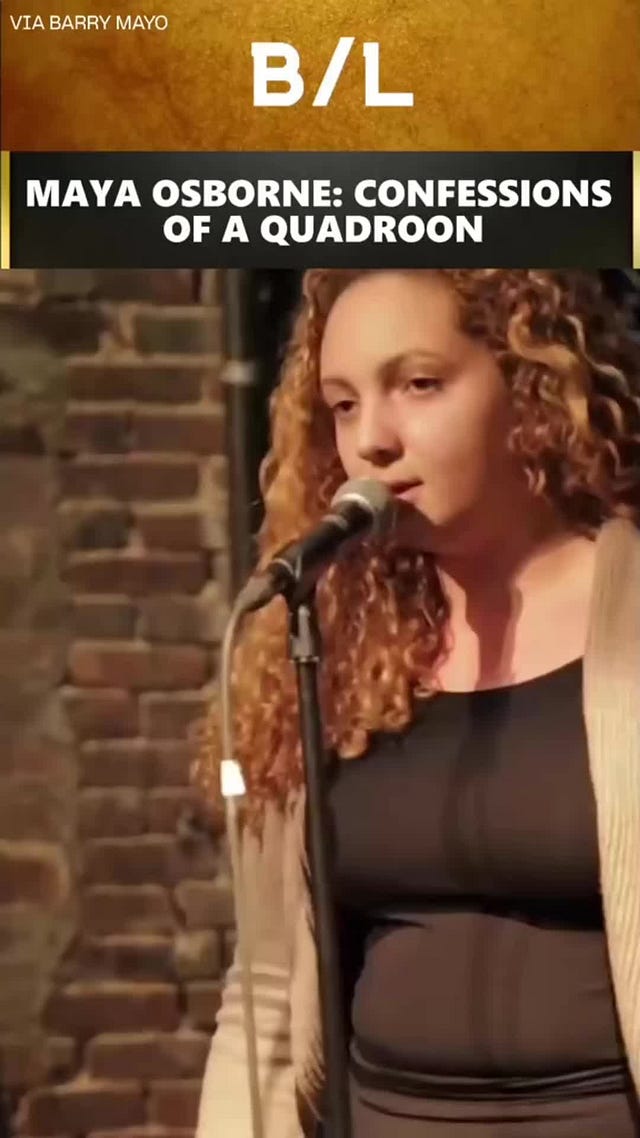Every February for the past four years, I would write a series of posts on my thoughts on Black History Month. The stories would range from recaps of historical events, critiques of current societal structures, and anecdotes on my experience as Black man living in the United States. While the reception has mostly been incredibly warm, the discussion of topics as complex as race and politics naturally bring about dissension and difficult conversations.
Anthony Quintano/Today show, via Reuters
One of my stories spoke on the need to expand our personal definitions of Black Excellence. Black Excellence, as I see it typically defined on the internet, tends to be relegated to individual Black people’s access to wealth and imperial power. In the case of Jay-Z and Beyonce, their ascension to the billionaire class is not a celebration of Black Excellence, but rather an exploitation of the systems that keep more working class people in poverty. President Obama’s ascension to be leader of an imperial machine like the United States does not directly reflect Black Excellence, but rather the possibility to diversify structures that cause people harm.
These posts and the diverse responses they’ve elicited have underscored a broader societal issue: the narrow and often materialistic definition of Black Excellence prevalent in public discourse. This observation propels us to question and expand our understanding of what truly constitutes excellence within the Black community.
This reflection caused one follower of mine, who I believed to be a white woman, to respond to me with academic vitriol. She said that my reflection unfairly placed emphasis on these wealthy Black people and did not acknowledge their personal struggles and philanthropic efforts.
I responded, “Acknowledgements of the forms of harm that Black community leaders perpetuate does not diminish their accomplishments, it just puts those accomplishments into a greater perspective.”
She responded, “It is off putting for you to put an emphasis on wealthy blacks.”
Coming from a white woman, I found that entirely inappropriate, so I asked, “Do you consider yourself white?” She responded, “No, I am French Creole. I am 1/8th Black and that makes me an octoroon who is white passing.” The entire interaction deserves examination; however, the self description of “white-passing” and “octoroon” are what I choose to focus on in this piece. The exchange with the follower, revealing layers of misunderstanding of racial identity, leads us to confront deeper, more pervasive questions: what does it mean to be white, and by extension, to be Black? This incident is not isolated, but reflective of a larger societal struggle with the complexities of racial identity.
The same week of my instagram DM spat, a spoken word piece titled “Confessions of a Quadroon” was making rounds on almost all social platforms. In this piece recorded in 2014, performer Maya Osborne, with an affected performance accent resembling Christopher Walken, describes herself as “3/4th’s massa and 1/4th coon.” The piece is framed as a positive acceptance of her complex racial identity but is widely condemned as a tone-deaf performance of self victimization.”
 Tiktok failed to load.
Tiktok failed to load.Enable 3rd party cookies or use another browser
The controversy surrounding Maya Osborne's poem, while specific, echoes a historical discourse on race and identity as outlined by thinkers like Ta-Nehisi Coates and Walter Rodney. Ta-naheisi Coates writes in his memoir, Between The World and Me that “Race is the child of racism, not the father.” We learn from the works of Walter Rodney that race was a necessary invention to justify using slaves as tools of economic advancement. Using the arbitrary, but obvious physical differences between people as an indicator of superiority allowed widespread psychological distancing from the ethical implications of slavery. The term Black evolved to encompass all those of the diaspora. The transatlantic slave trade robbed American Black people of access to their lineage, language, traditions, and culture, and thus became an umbrella term for anyone with a wider nose and a darker shade.
Most white people are able to trace being Polish, Irish, Italian, Dutch, or whatever form of white heritage they encompass to their immediate ancestors, without the obstacle of slavery obfuscating their lineage. However, being white or Black was never a question of biology, but another relatively arbitrary concept that evolved through different sociological trends and standards for decades.
“Racism is based on the concept of whiteness—a powerful fiction enforced by power and violence. Whiteness is a constantly shifting boundary separating those who are entitled to have certain privileges from those whose exploitation and vulnerability to violence is justified by their not being white.” Paul Kivel, Uprooting Racism: How White People Can Work for Racial Justice
Being white once meant having an Anglo-Saxon heritage. Irish and Italian people were not considered white when they first immigrated to America. The large immigration of groups from Asian, Latin America, and Africa in the 1960s made the white Americans of the time begrudgingly move to adopt more similar shaded communities into what they considered being white. Becoming white allowed a new freedom of movement, and socio-economic mobility. Understanding the historical construction of race and its arbitrariness illuminates the complexities of our contemporary discussions on racial identity. This historical backdrop sets the stage for a reconsideration of personal narratives, including my own, in the broader quest for racial understanding and identity.
In 2012, researcher and professor Henry Louis Gates Jr. started a docuseries called Finding Your Roots, where he traces the ancestry of different community leaders. In 2023, Angela Davis found out on the show that she has slave owning progenitors. Similarly, Ancestry.com has burdened me with the information that I’m 14% Irish. Meanwhile, these self-described quadroons and octoroons seem to be navigating the world with the public assuming that they are white, and take on defensiveness when accused of such a sin. Maya Osborne spoke on how she feels like people deny her Black experience. With full acknowledgement and reverence for her experience, I don’t think her Blackness has to navigate the world in the same way mine does. Without resorting to colorism, it is important that we all have unique experiences of the world, and the color of your skin affects that.
The self-described octoroon in my DMs lectured me that Blackness is not a monolith. I can empathize with this statement, but my imagination is that it was not made in good faith. The world she navigates is simply different from the one I do. Tori Kelly, Halsey, Logic, and Wentworth Miller all have black ancestry but I doubt they fear mortality when they hear police sirens. They would not be embraced if they walked into the club and yelled “Where my niggas at?”
I think it’s time for mixed-heritage people to be realistic about the ways they navigate the world, and find ways to discuss and reflect on it without burdening and exhausting those with less privilege. Personal identity, in public spaces and among strangers, becomes irrelevant knowing the power I hold as a cis man navigating the world.
This is a difficult balancing act, as we want to acknowledge cultural richness amongst all people and allow them space for self expression. When you describe yourself to me, a stranger, as a mulatto, quadroon, or octoroon, this leads me to believe that you have not come to realistic or appropriate terms with your racial identity, and it’s time to internally reflect on your true relationship with the world. While self-identification is a personal right, it's also necessary to consider the historical and social contexts of certain terms and how they relate to broader structures of race and power.
I cannot be the arbiter of who is Black and who is white, nor do I want to be. What I hope to see from people is more responsible nuance when discussing and exploring identity, so that our cultural exchanges are built on clarity, uplifting, and strength, rather than reinforcements of division. Acknowledging the complexity and personal nature of racial identity is crucial, but it's also important to discuss the social and historical constructs that shape how these identities are perceived and lived. The goal is to foster a more nuanced understanding of these identities in their different contexts. It is never to diminish their complexity.





